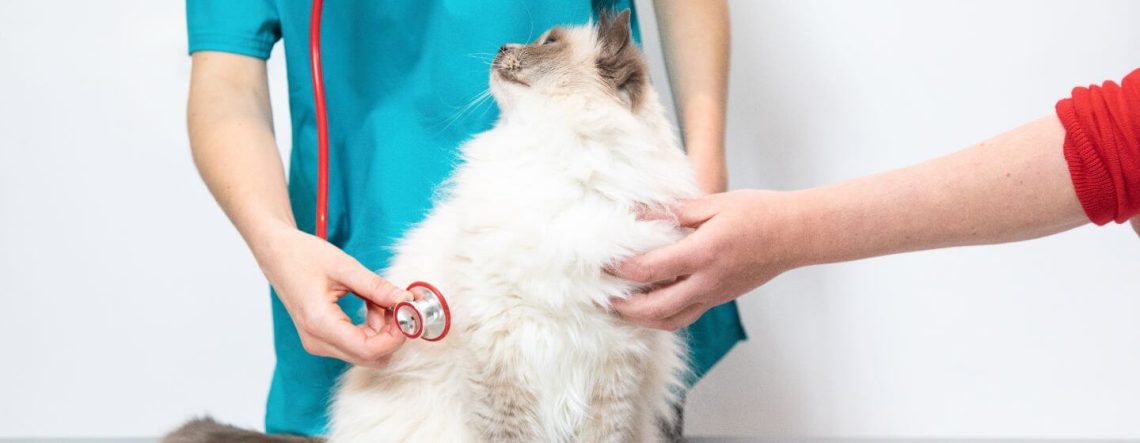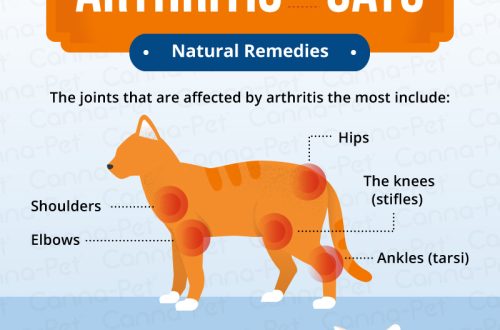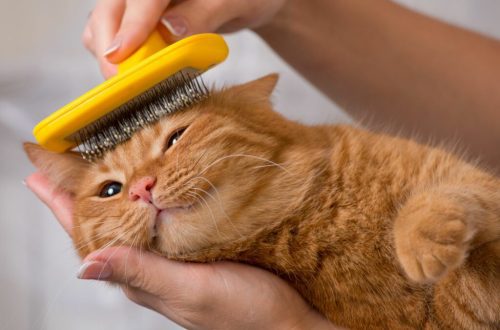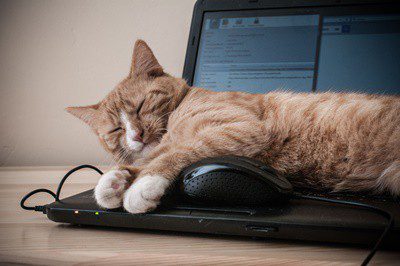
Pab koj tus miv zoo tom qab muaj mob lossis phais
Imagine that you have been hurt or hurt yourself and cannot ask for what you need to make you feel better. This is exactly what cats feel during a serious illness or after an accident or surgery. All she wants to do is jump up and play with you, but she needs time and enough food to recuperate. Now she will need extra care and attention from you.
txheem
Help your cat recover
You must always give her medicine at the appointed time, as well as dressing her wounds and dressings as instructed. It is also very important to surround her with love, encourage and encourage her to eat (pets tend to refuse food during illness and rehabilitation). Feed your cat only the food recommended by your veterinarian.
The Right Nutrient Ratio
Since it is difficult for the body to provide itself with enough energy at this time, cat food should be high-energy, easily digestible and contain sufficient amounts of essential fats, proteins, vitamins and minerals.
What Happens During Recovery?
There will be times in your pet’s life when she needs your help. These can range from a mild illness or elective surgery to something more serious such as a fracture, castration, sterilization, stroke, accident, or cancer. To speed up the recovery process, cats need a palatable-looking food that will provide them with extra energy and nutrients. Even if the condition of the animal is not very dangerous, you can help his recovery by providing the right food, surrounding with love, home care and relieving stress.
Is the cat’s condition improving?
Improvement may not occur for a long time for a number of reasons, including improper and insufficient nutrition. Regardless of the reasons, it is important to observe the change in the condition of the animal for the following signs. Check with your veterinarian if you notice any of these.
Lub cev yuag.
Tsis qab los noj mov.
Kev nqhis dej.
Fatigue, lack of energy.
The wound does not heal.
rhiab heev rau kov.
Ua pa nce ntxiv.
IMPORTANT. Rapid weight loss, especially when combined with loss of appetite, indicates a stress response in the body that requires attention. For questions related to the health of your cat, you should consult with a veterinarian.
Remember to keep a close eye on her condition to help her get through this difficult time. Also, keep an eye on your pet’s general health to look for complications such as infections.
Qhov tseem ceeb ntawm kev noj haus
The health of a cat and its condition as a whole largely depend on the food it eats. Her food can greatly affect her ability to recover. During the fight against the disease and recovery, the cat’s body will be under stress, so she needs more energy to cope with these changes. However, she may refuse to eat.
In the absence of appetite, the food will be tasteless and of the wrong consistency for the animal. These cats need dietary food that will have exceptional taste and the right texture so that if necessary, the pet can be spoon-fed. In addition, conventional food may not provide an ill cat with the extra fat, protein, and nutrients it needs to recover. Easily digestible food with lots of nutrients will speed up her recovery.
A balanced diet is an essential part of an active and healthy lifestyle. When your cat is recovering from illness or surgery, the right food becomes even more important. For accurate diagnosis and treatment, always consult your veterinarian and ask them to recommend the best food for your cat’s recovery.
Ask your veterinarian questions about your cat during a serious illness, accident, or surgery:
- What foods should not be given to a cat in her condition?
- Nug seb tib neeg cov zaub mov yuav cuam tshuam li cas rau miv noj qab haus huv.
- Would you recommend Hill’s Prescription Diet for my cat’s recovery?
- Ask about nutritional requirements for your cat.
Ntau npaum li cas thiab ntau npaum li cas koj yuav tsum pub koj tus miv cov zaub mov pom zoo.
- Thawj cov cim qhia ntawm kev txhim kho hauv kuv tus miv tus mob yuav tshwm sim sai npaum li cas?
- Can you give me written instructions or a booklet with information on caring for a sick cat?
- Puas yog txoj hauv kev zoo tshaj los tiv tauj koj lossis koj lub tsev kho mob yog tias kuv muaj lus nug (email / xov tooj)?
Nug seb koj puas yuav tau tuaj rau hauv lub sijhawm teem tseg.
Nug seb koj puas yuav tau txais kev ceeb toom lossis email ceeb toom txog qhov no.





